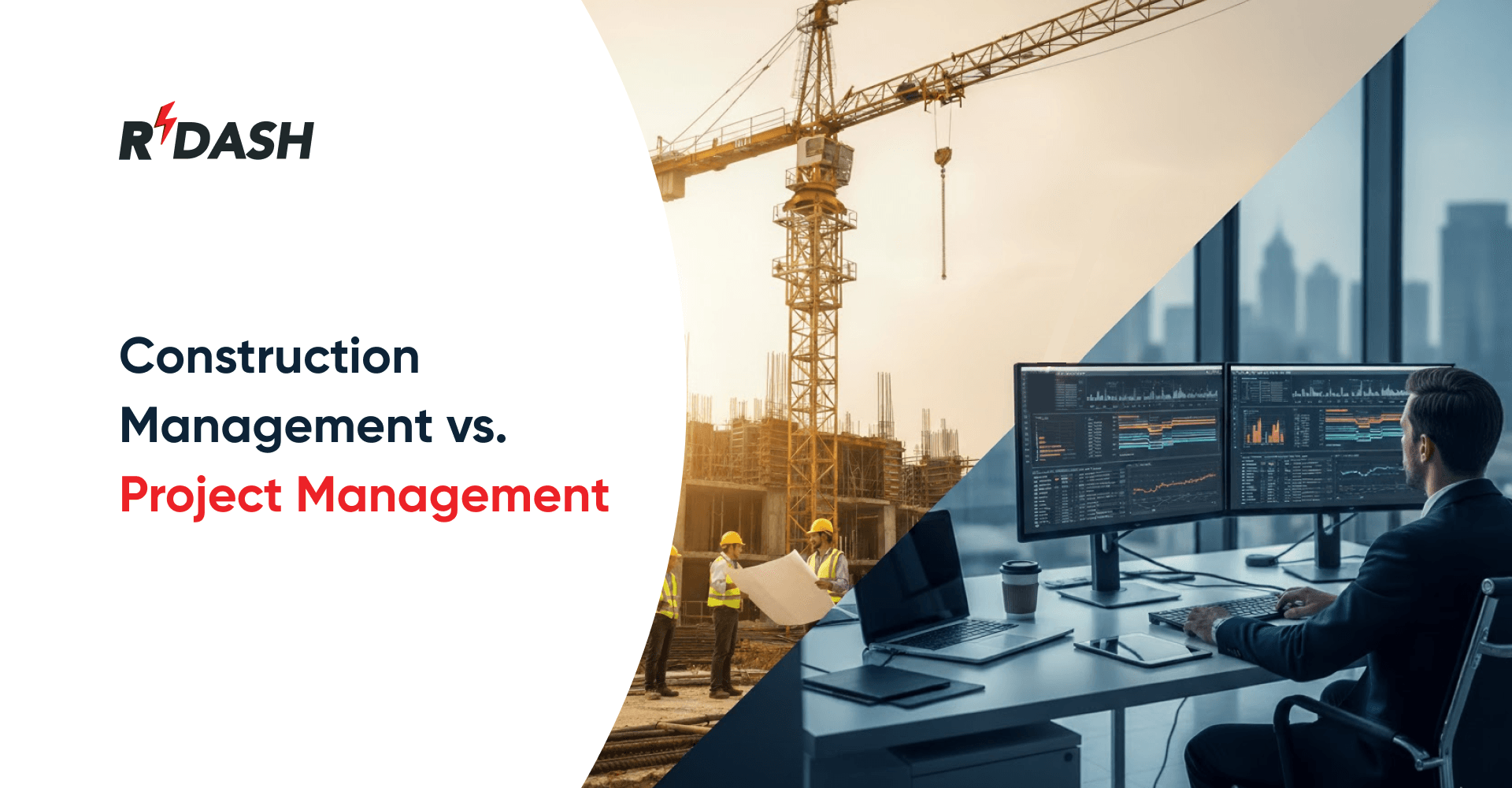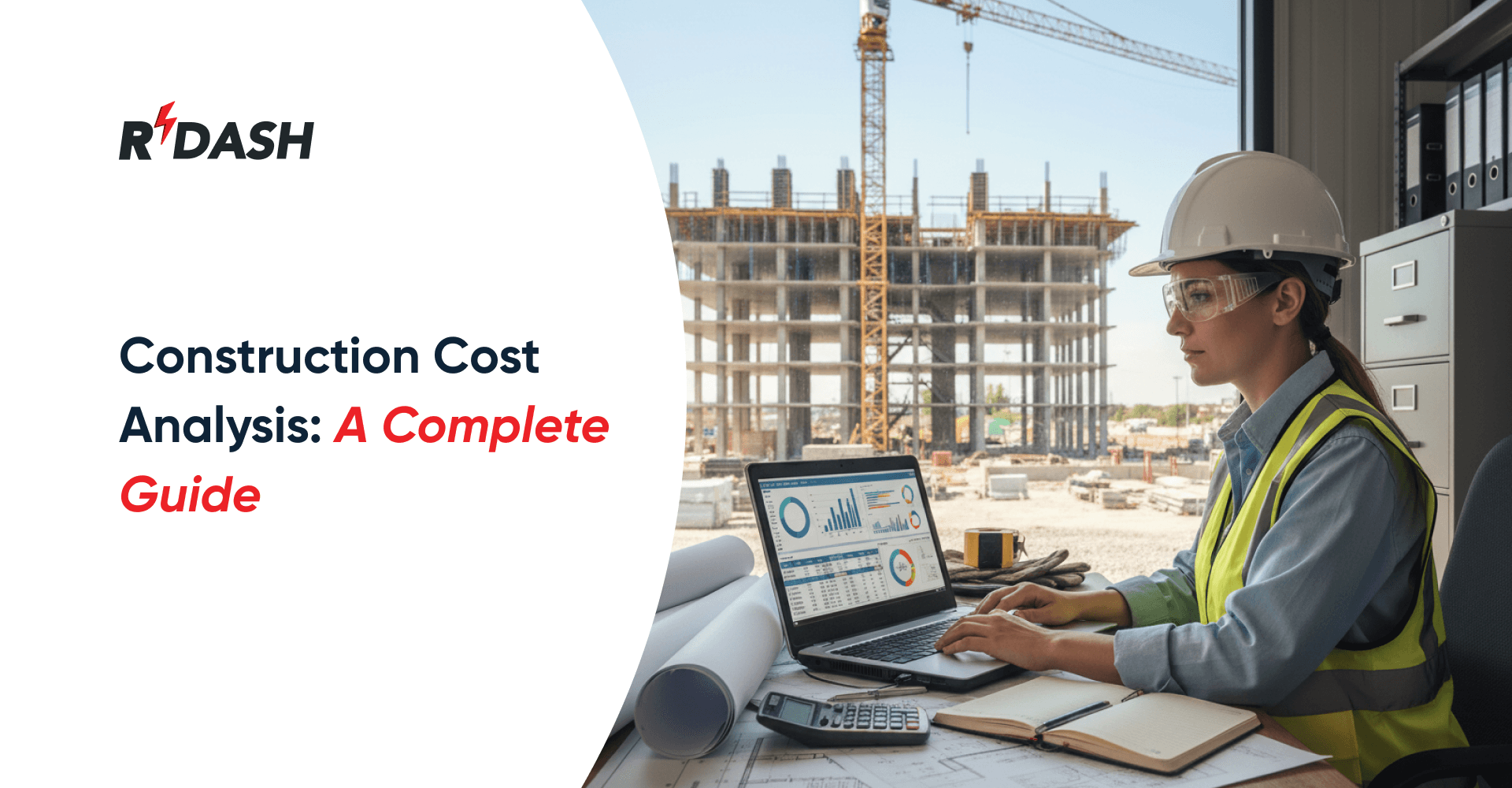Project tracking software is revolutionizing the construction industry by transforming how projects are managed and executed. As a game-changer among digital tools and technologies, it provides a centralized platform to manage every aspect of a project, from planning and procurement to execution and closure. In the Indian construction industry, where projects are often complex and involve multiple stakeholders, the right project tracking software can streamline operations, improve efficiency, and reduce costs significantly.
In this blog, we will explore the benefits of project tracking software in construction management, specifically tailored to the Indian audience. We will also highlight how RDash, a leading construction management app, serves as an excellent project tracking solution, guiding projects through their “Golden Journey,” including stages such as Recce, Design, BOQ, Order, Work Progress, Snags, Financial Closure, and the Project Manager (PM) Task List.
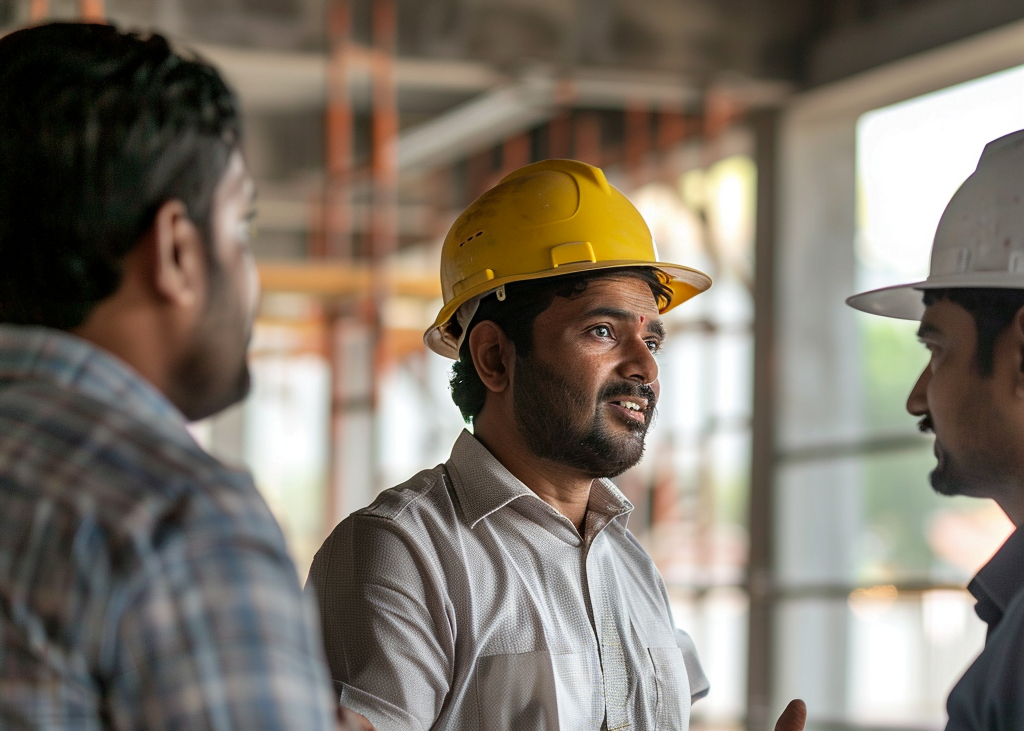
The Need for Project Tracking Software in Construction
Construction projects, especially in India, are characterized by their scale, complexity, and diversity. From large infrastructure projects in urban areas to residential developments in rural regions, managing these projects efficiently requires meticulous planning, real-time tracking, and effective communication among stakeholders. Traditional project management methods, relying on manual processes and spreadsheets, are no longer sufficient to meet the demands of modern construction.
Challenges in Construction Project Management
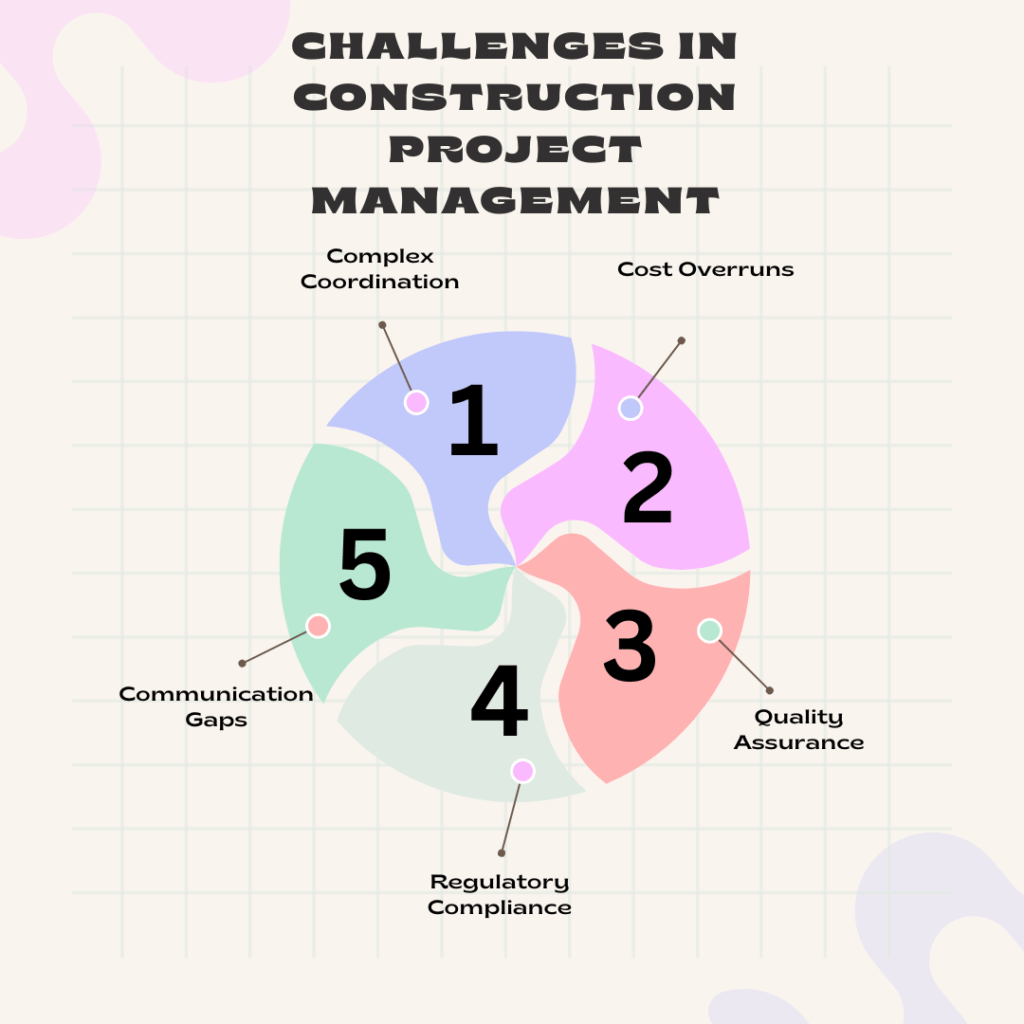
- Complex Coordination: Construction projects often involve multiple teams, including architects, engineers, contractors, and suppliers. Coordinating these teams effectively is a challenge.
- Cost Overruns: Unforeseen delays, material shortages, and miscommunication can lead to significant cost overruns.
- Quality Assurance: Maintaining quality standards across all stages of the project is critical but challenging, especially with multiple subcontractors and suppliers.
- Regulatory Compliance: In India, construction projects must comply with various regulations and standards, making compliance management a crucial aspect.
- Communication Gaps: Miscommunication or lack of timely information can lead to errors, delays, and rework, impacting the project timeline and budget.
Benefits of Project Tracking Software
Project tracking software addresses these challenges by providing a centralized platform that integrates all aspects of project management. Here are some key benefits:

- Real-Time Monitoring and Updates: Project tracking software provides real-time updates on project progress, allowing project managers to monitor each stage closely. This feature helps identify potential issues early, enabling proactive decision-making and minimizing delays.
- Enhanced Collaboration and Communication: With a centralized platform, all stakeholders have access to the same information, reducing miscommunication and ensuring everyone is on the same page. This feature is particularly beneficial in India, where construction projects often involve diverse teams spread across different locations.
- Improved Resource Management: Efficient resource management is crucial in construction. Project tracking software helps optimize resource allocation by providing insights into resource availability, usage, and demand. This capability ensures that resources are used effectively, reducing waste and costs.
- Better Cost Control and Budget Management: The software enables better cost control by providing detailed insights into project expenses, helping project managers stay within budget. It also allows for accurate forecasting and budgeting, which is essential for financial planning and management.
- Streamlined Compliance and Quality Management: Ensuring compliance with regulatory standards is easier with project tracking software, which provides tools for managing documentation and quality checks. This feature is especially important in the Indian context, where regulatory compliance can be complex and varied.
- Data-Driven Decision Making: By consolidating project data in one place, the software allows for data-driven decision-making. Project managers can analyze trends, identify patterns, and make informed decisions to optimize project outcomes.
How RDash Transforms Construction Management
RDash is a comprehensive construction management app designed to streamline project tracking and management. It provides a complete suite of tools that guide projects through their entire lifecycle, from initial planning to final delivery. Here’s how RDash supports each stage of the construction process:
The Golden Journey of a Project with RDash
RDash guides projects through a “Golden Journey,” ensuring every stage is managed efficiently and effectively. Let’s explore each stage:

- Recce: The Recce stage involves a detailed site survey to assess existing conditions, identify potential challenges, and outline project requirements. RDash facilitates this process by providing tools for site measurements, capturing existing conditions, and identifying material movement guidelines and storage areas. This stage sets the foundation for effective planning and supplier onboarding.
- Design: During the Design phase, project requirements are translated into detailed blueprints. RDash integrates supplier inputs and ensures that design specifications align with project goals. This stage is crucial for setting clear expectations and ensuring all stakeholders are aligned with the project’s vision.
- BOQ (Bill of Quantities): The BOQ stage involves creating a detailed list of materials, quantities, and costs required for the project. RDash streamlines this process by allowing suppliers to input their rates directly into the system, ensuring transparency and accuracy. This stage is essential for cost management and procurement planning.
- Order: Once the BOQ is finalized, the Order stage involves procuring the necessary materials and services from suppliers. RDash automates the ordering process, reducing the risk of errors and ensuring timely procurement. This stage is critical for maintaining project timelines and avoiding delays.
- Work Progress: The Work Progress stage tracks the project’s execution, ensuring that work is carried out according to plan. RDash provides real-time updates on work progress, allowing for quick adjustments if needed. This stage is vital for maintaining quality standards and ensuring timely completion.
- Snags: Snags refer to any issues or defects identified during construction. RDash helps manage snags by providing a platform for reporting, tracking, and resolving issues. This stage ensures that all defects are addressed promptly, maintaining the quality and integrity of the project.
- Financial Closure: The Financial Closure stage involves finalizing all financial aspects of the project, including payments to suppliers and contractors. RDash streamlines this process by providing tools for financial reconciliation and ensuring all contractual obligations are met. This stage is essential for closing the project smoothly and preventing disputes.
- Project Manager (PM) Task List: The PM Task List feature in RDash helps project managers keep track of their tasks and responsibilities, ensuring nothing falls through the cracks. This feature enhances productivity and ensures all aspects of the project are managed efficiently.
The Impact of RDash on the Indian Construction Industry
The Indian construction industry is vast and diverse, with projects ranging from small residential developments to large infrastructure projects. RDash is designed to address the unique challenges of the Indian market, offering features that cater specifically to local needs.

- Adapting to Regional Diversity: India’s vast geography and diverse climate pose unique challenges for construction projects. RDash helps manage these challenges by providing tools for site-specific planning and resource allocation, ensuring projects are executed efficiently, regardless of location.
- Navigating Regulatory Complexity: Different states in India have distinct regulations regarding labor, environmental impact, and safety. RDash simplifies compliance management by providing tools for managing documentation and tracking regulatory requirements, ensuring projects comply with all necessary standards.
- Managing Cost-Sensitivity: The Indian construction market is highly cost-sensitive. RDash helps manage costs effectively by providing detailed insights into project expenses and enabling better budgeting and forecasting. This capability is crucial for maintaining project profitability in a competitive market.
Conclusion
Project tracking software has become an indispensable tool in the construction industry, offering numerous benefits, including improved efficiency, cost control, and quality management. For the Indian construction industry, where projects are often complex and diverse, the right project tracking software can make a significant difference.
RDash stands out as a leading construction management app, providing a comprehensive suite of tools that streamline every stage of a project’s lifecycle. From Recce and Design to Financial Closure and the PM Task List, RDash ensures projects are managed efficiently, on time, and within budget.
By leveraging the power of project tracking software like RDash, construction companies in India can enhance their project management capabilities, reduce risks, and achieve greater success in their projects. Embracing digital tools is not just a trend; it is a necessity for staying competitive in today’s fast-paced construction landscape.
